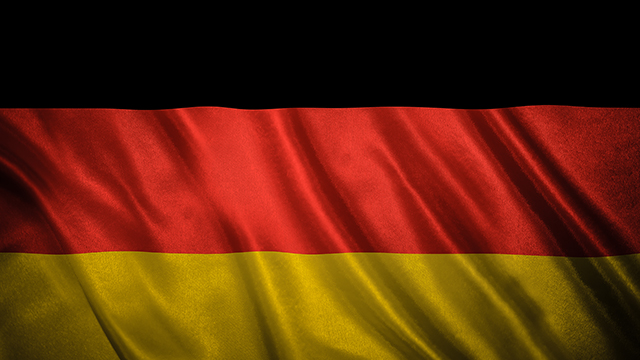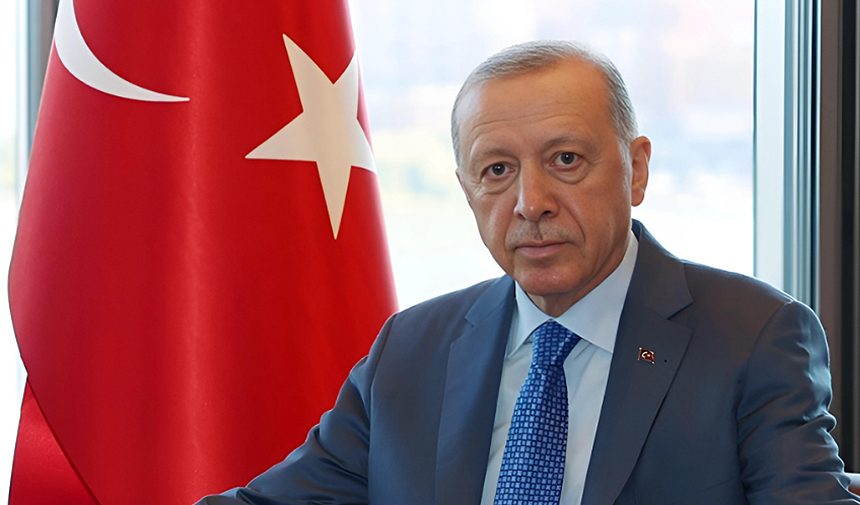How Germany survived the Treaty of Versailles represents a major historical transformation and tells a complex story of political, economic and diplomatic efforts. The Treaty of Versailles imposed harsh conditions on Germany in the aftermath of World War I, placing the country in a difficult economic and military situation. Over time, however, Germany managed to overcome this heavy burden.
The signing of the Treaty of Versailles led to Germany being blamed as the main perpetrator of the war and the country’s borders being reduced. The treaty required Germany to pay heavy war reparations, settle for a limited military force and accept some territorial losses. These conditions weakened Germany’s economy and led to widespread popular discontent.
However, the process of Germany’s liberation from the Treaty of Versailles took shape over time and under the influence of various political developments. First, as political instability and economic depression increased in Germany from the mid-1920s onwards, a wave of opposition and opposition to the Treaty of Versailles began. In the process, the strengthening of nationalist and militarist elements in Germany’s domestic politics increased demands for the revision or annulment of the treaty.
Second, Germany’s economic recovery and resurgence also diminished the impact of the Treaty of Versailles. Towards the end of the 1920s, Germany’s economy began to recover and the country returned to industrialization and export-oriented economy. This economic revival increased Germany’s ability to pay the war reparations and eased the economic pressures of the treaty.
Third, changes in international politics and the reshaping of alliances helped Germany’s efforts to break free from the Treaty of Versailles. In particular, the rise of the Soviet Union and growing tensions in relations between Britain and France led to Germany being seen as a counterweight to the Western Allies and to a revision of some of the treaty’s provisions.
In conclusion, Germany’s liberation from the Treaty of Versailles was the product of a complex and multifaceted process. As a result of the interaction of political, economic and diplomatic developments, the weight of the treaty gradually diminished and Germany became more influential in the international arena.



